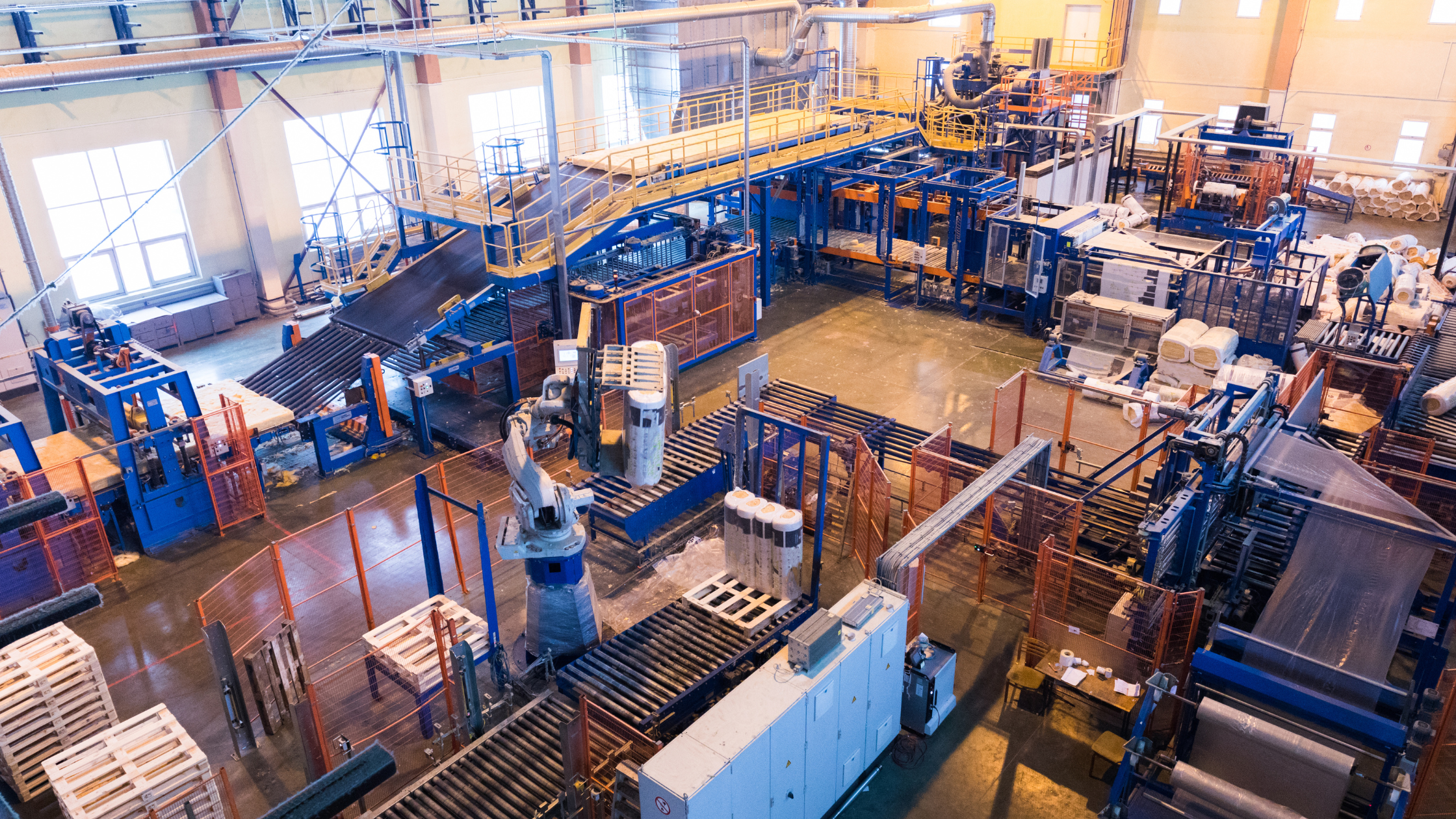Strengthening the Chain: Understanding the Ripple Effect of Cybersecurity in Construction
In the digital age, where construction companies seamlessly blend physical craftsmanship with technological prowess, the importance of cybersecurity...
1 min read
JPtheGeek Mar 20, 2024 11:00:00 AM

As the construction industry continues to embrace digital transformation, the need for robust cybersecurity measures has become more pronounced than ever. One effective strategy for enhancing cyber resilience is tailoring access permissions to different roles within a construction company. In this blog post, we explore how limiting access to specific software and devices based on job roles can significantly bolster cybersecurity defenses.
Understanding the Principle of Least Privilege (PoLP) The Principle of Least Privilege is a fundamental cybersecurity concept that advocates granting individuals the minimum level of access required to perform their duties. Applied to construction companies, this means carefully assessing the software and devices necessary for each role and restricting access accordingly. By adhering to PoLP, the risk of unauthorized access and potential data breaches is substantially reduced.
Segmenting Access for Construction Workers Construction workers primarily need access to tools and software related to their specific tasks on the field. Providing them with access only to construction process software, project management tools, and communication platforms ensures that they can perform their duties efficiently without unnecessary exposure to unrelated systems. This segmentation minimizes the attack surface and mitigates the risk of cyber threats originating from within the workforce.
Limiting Marketing Managers to Relevant Tools On the other hand, marketing managers may not require access to construction-specific tools but would need marketing software, analytics platforms, and communication tools. Restricting their access to only the necessary systems ensures that they can focus on their responsibilities without inadvertently introducing security vulnerabilities related to construction processes.
Enhancing Data Protection Segmented access is not only about preventing unauthorized use of tools but also about safeguarding sensitive data. By limiting access to specific software and devices, construction companies can better protect proprietary information, financial records, and other critical data from potential breaches. This targeted approach minimizes the risk of data leakage and unauthorized modifications.
In the intricate world of construction, cybersecurity is a shared responsibility. Tailoring access permissions to different software and devices based on job roles is a proactive measure that significantly strengthens cyber defenses. By implementing the Principle of Least Privilege, construction companies can not only enhance data protection but also foster a culture of cybersecurity consciousness among their workforce. As the industry continues to build for the future, constructing a resilient cybersecurity foundation is a vital step towards long-term success.

In the digital age, where construction companies seamlessly blend physical craftsmanship with technological prowess, the importance of cybersecurity...

In an era where technology is reshaping industries, construction companies are increasingly leveraging digital tools to enhance efficiency and...

In the dynamic landscape of the construction industry, the urgency of cybersecurity has reached critical proportions. Cyber threats pose potential...